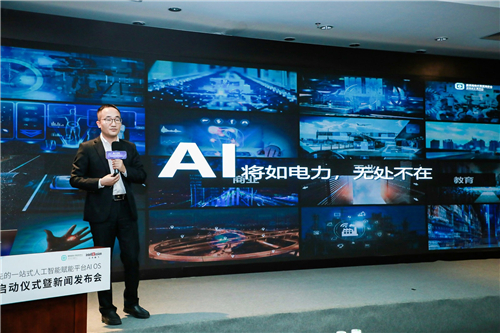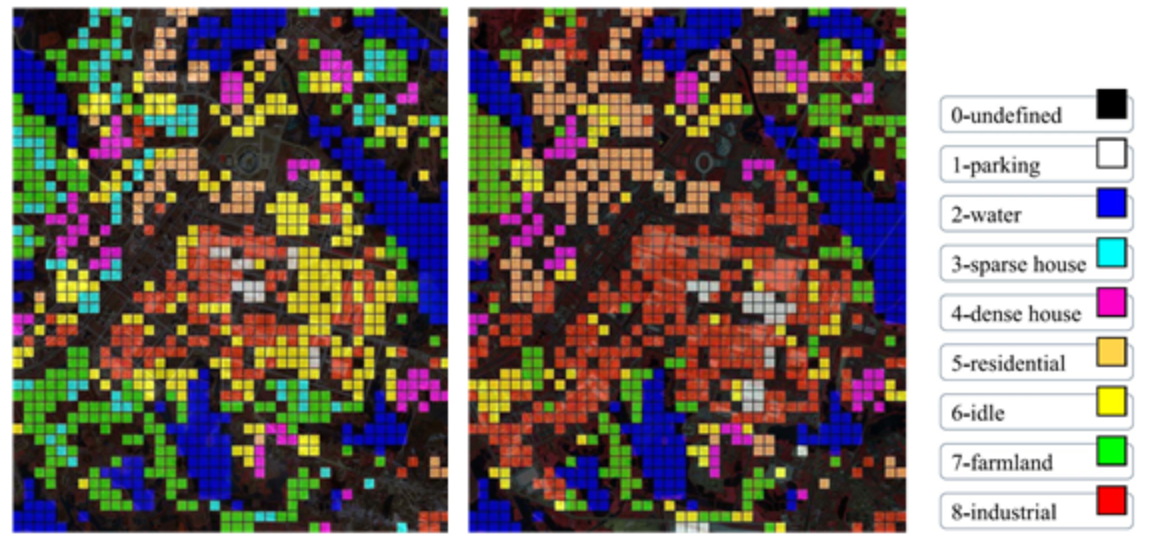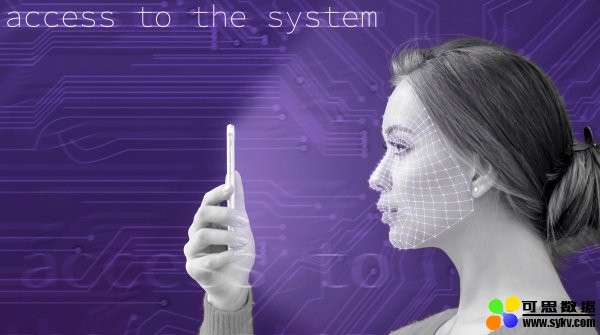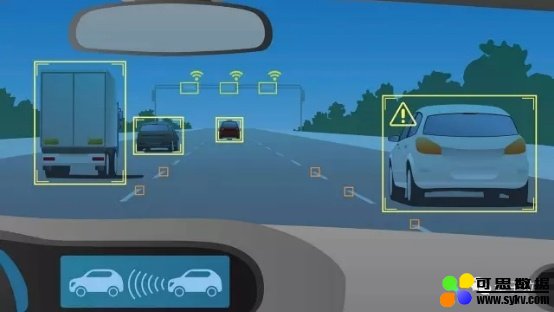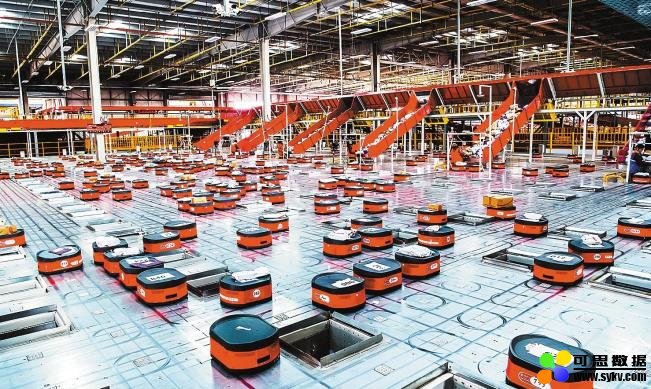你知道吗?区块链将颠覆这五大行业
数据观丨王婕(译)
你可能已经通过加密货币听说过区块链技术了,但你知道区块链技术有望给房地产、交通甚至司法等行业带来革命吗?
区块链技术也许因比特币而生,但它自带的安全性交易的潜力,令这种强大技术的使用变成激动人心的可能。加密货币的基本算法即创新。在未来,各行各业的企业都有可能使用区块链来记录和验证每一笔交易。这个实用的去中心化特性使其成为一种颇具吸引力的业务资源,企业对数字化备案应用的透明性和终结性十分向往。
区块链可以增加信任感和责任感
隐私问题是每个美国人都关心的问题。在美国,大多数企业都将自己的交易记录存储在互联网上,随着数据泄露事件频频见诸报端,美国人已逐渐对这种情况精疲力竭。虽然区块链技术不能防止所有数据被盗和网络犯罪,但它可以帮助交易变得更安全,从而提高人们对企业保护消费者数据能力的信任。在网络犯罪率不断上升的情况下,不得不说这项技术来得正是时候。第一批被区块链技术淘汰的应用程序将被证明是最不安全的交易方法。从我在不同行业看到的颠覆情况来看,我相信区块链技术对于任何涉及交易的行业或领域来说都是一个可靠的资源。
以下便是在不久的将来,区块链技术将为之带来最令人兴奋的颠覆,涉及五个行业、机构和领域。
1.金融行业
政府和大公司正在密切研究区块链技术,以发掘使其落地的方法。由于欺诈行为是银行和其他金融机构目前面临的一个巨大问题,金融业正紧锣密鼓地对区块链展开研究。金融业高管认为,在将资金从一个账户转移到另一个账户时,这项技术可能是一种理想的安全解决方案——在任何交易中,资金转移一直是最安全性最弱的一环。区块链可能不仅会颠覆数字安全领域,还会颠覆物流和许多行业的其他领域。加密货币也进入了众筹和投资市场,并催生了Okcoin、Poloniex和ShapeShift等加密货币交易所。这种转变不仅为个人提供了许多新的投资机会,还创造了一些新的就业机会,例如加密货币投资银行家。尽管这是新生职业,但有人预测,这个岗位将有望得到与传统投资银行家一样的薪酬,后者的薪资平均约为81339美元。
2.司法领域
企业和机构可能会使用区块链技术来进行安全记录、核实库存、监控资源以及重新分配资产。通过这些方法,区块链技术可以为共享经济铺平道路。社会地位不平等、收入差距大和可持续性收入增长是全球现代资本主义社会面临的严重问题,新兴技术有可能加剧这些问题。但区块链能为共享经济赋能,从而潜在地加快确保经济繁荣全面包容的进程,而不是助长可能引起不平等和冲突的因素。
3.美国电网
美国的电网正在退化,而且已经不合时宜。今天的能源网络很容易受到自然灾害和气候变化等因素的影响。许多研究人员正在研究替代过时系统的解决方案,一些人认为区块链将提供答案。
在布鲁克林、纽约和其他城市,能源实验的参与者使用太阳能电池板收集电能,并使用计算机化的“智能合同”进行交易。作为项目的一部分,参与者还安装了智能电表。他们使用区块链来保护和验证所有不涉及公用事业公司或任何其他第三方的交易,不仅节省了成本,还提高了效率。
区块链技术还可以帮助抵御来自大自然以外的攻击。2018年,有消息称俄罗斯黑客能够侵入美国电网并切断和控制电力。由于我们对电能的严重依赖,潜在的袭击可能会造成混乱和经济损失。而更安全的网络,比如区块链技术支撑的网络,则可以降低黑客入侵美国电网的可能性。
4.房地产领域
房地产行业是区块链技术颠覆性潜力的绝佳证明。不动产的转让是一个纷繁复杂的过程,但是区块链技术可以允许买卖双方在瞬间转让产权。卖家可以使用这项技术将所有权和契约安全地转让给新业主,买家则可以通过加密货币支付交易费用。持有者还可以使用区块链向相关的政府机构发送产权信息。
不管是对房主还是对买家来说,房地产买卖手续费都是一笔大开销。虽然区块链技术不会减少佣金和相关费用,但更简化的购买流程可能会降低买房的成本和减少不必要的麻烦,这也使得年轻人早日买房这一愿景变得更加现实。
5.交通运输行业
研究人员设想了这样一个未来:区块链和物联网相结合,让智慧城市成为现实。市政当局可以将路牌、交通灯、车辆和其他物品的传感器连接到物联网上,从而最大限度地提高交通效率。科学家们希望通过在这一基础上利用区块链来有效地减少通勤时间、交通堵塞和汽车尾气排放。区块链技术还可以提供潜在的便利,如停车及充电支付、交通罚单支付以及事故和维护监控服务等。
结 语
分析师预测,到2018年底,比特币的总价值将达到1.2万亿美元。然而,有识之士则认为区块链的价值已远远超过了它最初应用于数字货币交易时候的价值。随着越来越多的人开始接受一种不受政府或机构监管的货币理念,比特币迅速发展起来,且这种货币的估值是基于可量化的,尽管其供求关系非常复杂。虽然人们对比特币的狂热情绪正逐渐趋于理性,但人们对比特币背后的区块链技术仍然抱有极大兴趣,我们很难对区块链技术在切断中间商、增加安全性、节省宝贵时间和费用上的价值视而不见。
附英语原文如下
Blockchain Technology Will Revolutionize These Five Industries
You’ve probably heard about blockchain technology through cryptocurrency, but did you know that blockchain technology is expected to revolutionize industries like real estate, transportation and even social justice?
Blockchain technology may have been made for bitcoin, but its potential to make transactions more secure is one of the most exciting possibilities for using this powerful technology. Innovation is most commonly known as the underlying algorithm of cryptocurrency. One day, businesses in every industry may use blockchain to record and verify every transaction. The decentralized characteristic of the utility makes it an appealing business resource, and enterprises covet the transparency and finality the digital recordkeeping application.
Blockchain Can Increase Trust and Accountability
Privacy issues are a concern for every American. With most businesses in the United States keeping their records and transactions mostly online, Americans have begun to become jaded as data breaches hit the news. While blockchain technology can’t prevent all data theft and cybercrime, it could help make transactions more secure, improving trust in businesses’ ability to protect consumer data. With cybercrime on the rise, the technology has arrived just in time. The first applications that will give way to blockchain are the most insecure transaction methods. From all of the disruption I’ve seen already in various industries, I believe that blockchain technology is a viable resource for any industry or field that conducts transactions.
Here are the five industries, institutions and fields that will experience the most exciting disruption due to blockchain technology in the near future.
The Finance Industry
Governments and large corporations are researching blockchain technology closely to unearth ways to utilize the resource. The finance industry is investigating blockchain intensely since fraud is a huge problem for banks and other financial organizations. Finance executives believe that the technology is a potentially ideal solution for security when transferring money from one account to another—always the most vulnerable point in any transaction. Blockchain may disrupt not only the field of digital security but also that of logistics and other fields across many industries. Cryptocurrency has also made its way into the crowdfunding and investment markets and led to the birth of crypto exchanges such as Okcoin, Poloniex and ShapeShift. This shift has not only opened up a number of new opportunities for individuals to invest, but also has created new job opportunities such as a crypto-investment banker. Although new, projections say that this position can expect to make as much as traditional investment bankers who have a median salary of approximately $81,339.
Another new feature brought on by blockchain tech is that investors can now buy into initial coin offerings (ICOs) in the same way that they buy into initial public offerings (IPOs). This is reshaping the investment world by eliminating geographical boundaries and speeding up the investment transaction process.
Social Justice
Enterprises and agencies could potentially use blockchain technology to securely record and verify inventories, monitor resources and redistribute assets. Via these means, the technology can pave the way toward a sharing economy. Inequality, income disparities and consistent income are serious problems in modern capitalist societies around the globe, and new technologies threaten to enhance these problems. Blockchain is a resource that can empower a sharing economy, and it can potentially accelerate the process of ensuring full inclusion in economic prosperity, rather than contribute to conditions that promote inequality and conflicts.
American Energy Grids
Energy grids in the United States are deteriorating and outdated. Today’s energy networks are vulnerable to elements such as natural disasters and climate changes. Many researchers are working on solutions to replace the outmoded system, and some believe that blockchain will provide the answer.
In Brooklyn, New York and other municipalities, participants in an energy experiment collect power using solar panels and exchange it using computerized “smart contracts.” The participants also install smart power meters as a part of the project. They use blockchain to secure and verify all transactions sans utility companies or any other third-party, saving on costs and increasing efficiency.
Blockchain technology could also help to fend off attacks from more than just Mother Nature. In 2018, information came to light that Russian hackers were able to gain access to United States electric grids, giving them the ability to cut off and control power. With our massive dependency on electricity, potential attacks could cause mayhem and economic damage. More secure networks, like those offered by the blockchain, could reduce the likelihood that hackers would be able to gain access to American energy grids.
The Real Estate Field
The real estate industry exemplifies the disruptive potential of blockchain technology. The transfer of real property is a complicated and extensive process, but blockchain technology can potentially allow property buyers and sellers to transfer property rights instantaneously. Sellers could use the technology to securely transfer titles and deeds to new owners, and buyers could pay for the transactions via cryptocurrency. Stakeholders could also use blockchain to send property information to the appropriate government agencies.
Closing costs are a big expense for homeowners and buyers alike. While blockchain technology won’t cut out commissions and related expenses, a simpler buying process could potentially reduce the cost and hassle of buying a home, making it more realistic for young people to get into the real estate market.
The Transportation Industry
Researchers imagine a future where blockchain and the Internet of Things (IoT) combine to make smart cities a reality. Municipalities could connect sensors for street signs, traffic lights, vehicles and other items to the IoT, enabling the rerouting of traffic for maximum efficiency. Scientists hope that by using blockchain in this manner they can reduce commute times, traffic congestion and vehicle emissions. The blockchain technology can also provide potential conveniences such as vehicle parking and be charging location and payment; traffic ticket payment; and accident and maintenance monitoring services.
Final Thoughts
Analysts forecast that bitcoin will achieve a total value of $1.2 trillion towards the end of 2018. However, forward-thinking individuals see the value of blockchain beyond its original application for digital currency transactions. Bitcoin took off rapidly as more people brought into the idea of a currency that’s free of government or institutional regulation and valued based on quantifiable, although highly complex, supply and demand. While the excitement about bitcoin is tempering, there’s great interest in its underlying blockchain technology. It’s hard to not see the value in cutting out middlemen, increasing security and saving precious time and expenses.

时间:2018-09-07 13:06 来源: 转发量:次
声明:本站部分作品是由网友自主投稿和发布、编辑整理上传,对此类作品本站仅提供交流平台,转载的目的在于传递更多信息及用于网络分享,并不代表本站赞同其观点和对其真实性负责,不为其版权负责。如果您发现网站上有侵犯您的知识产权的作品,请与我们取得联系,我们会及时修改或删除。
相关文章:
相关推荐:
网友评论:



